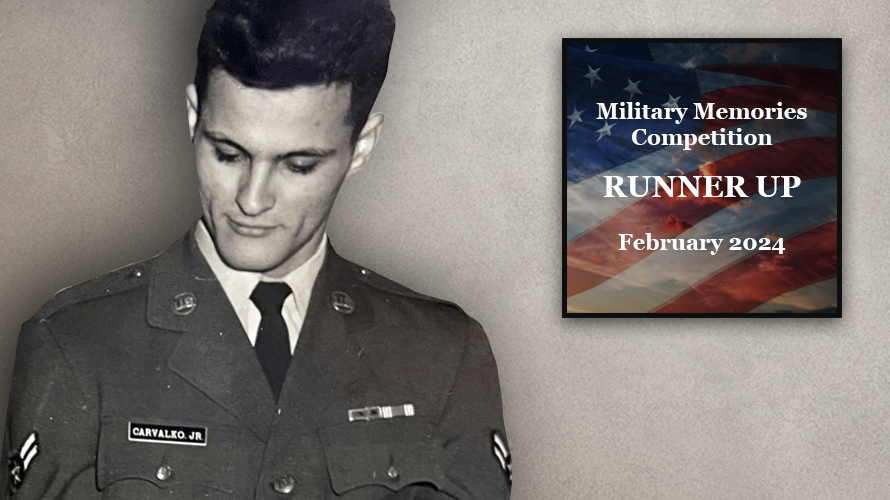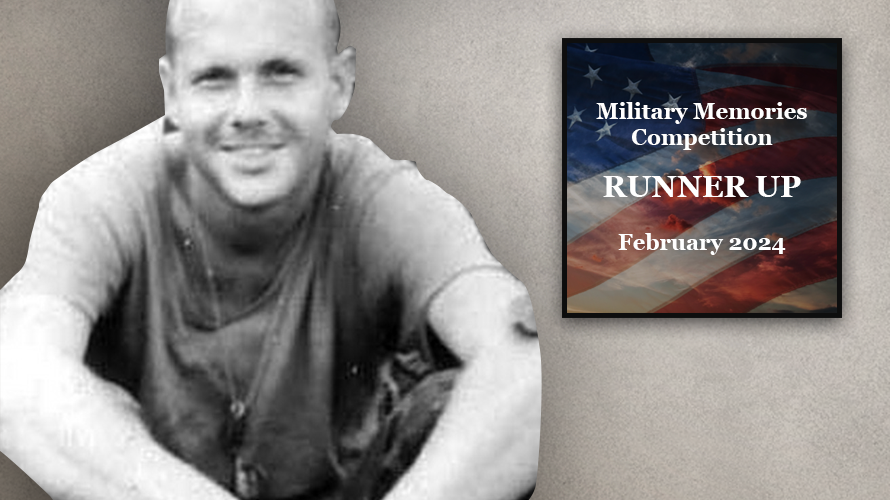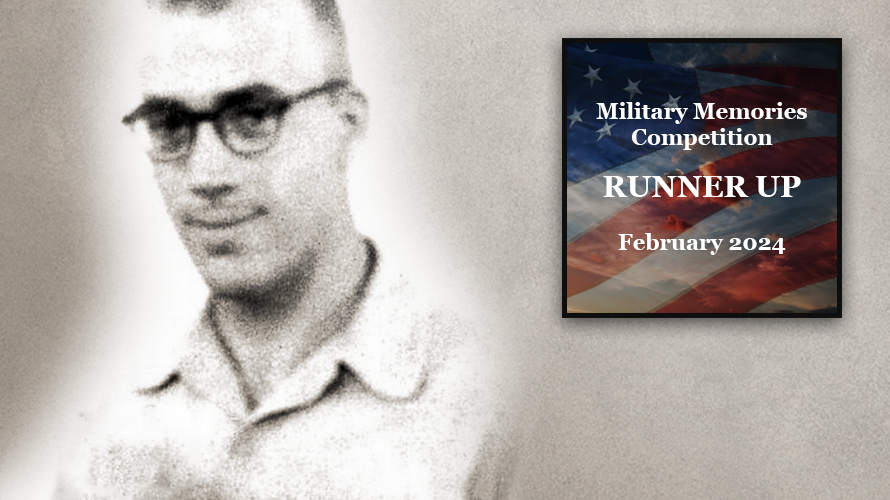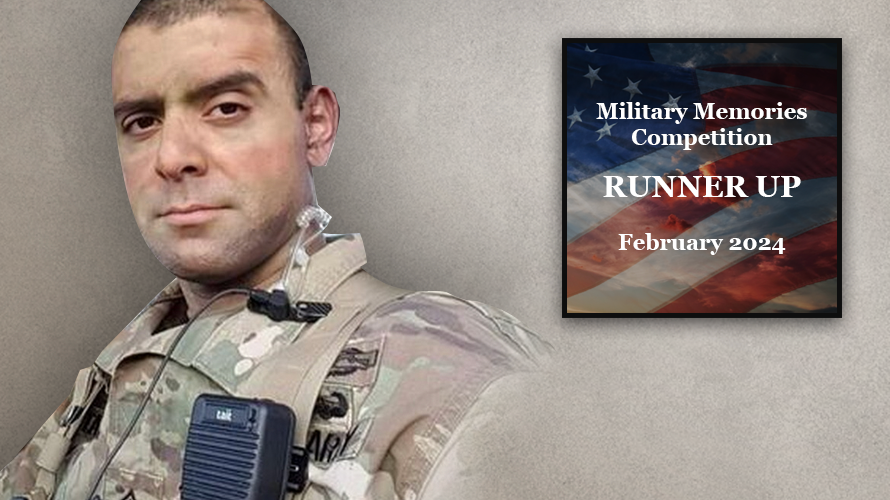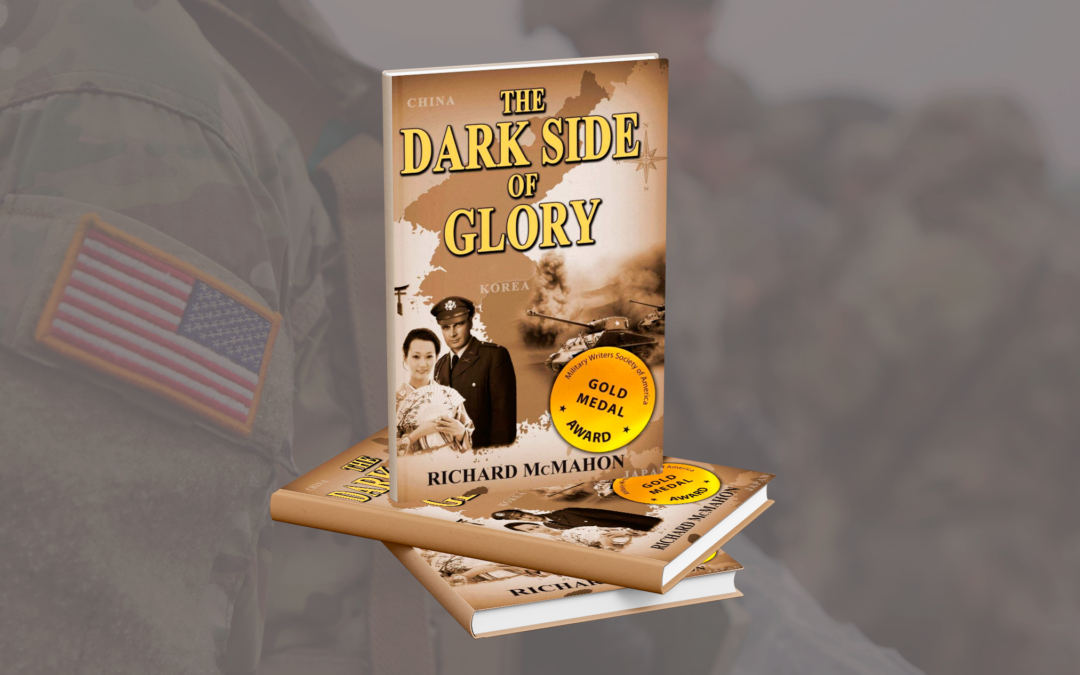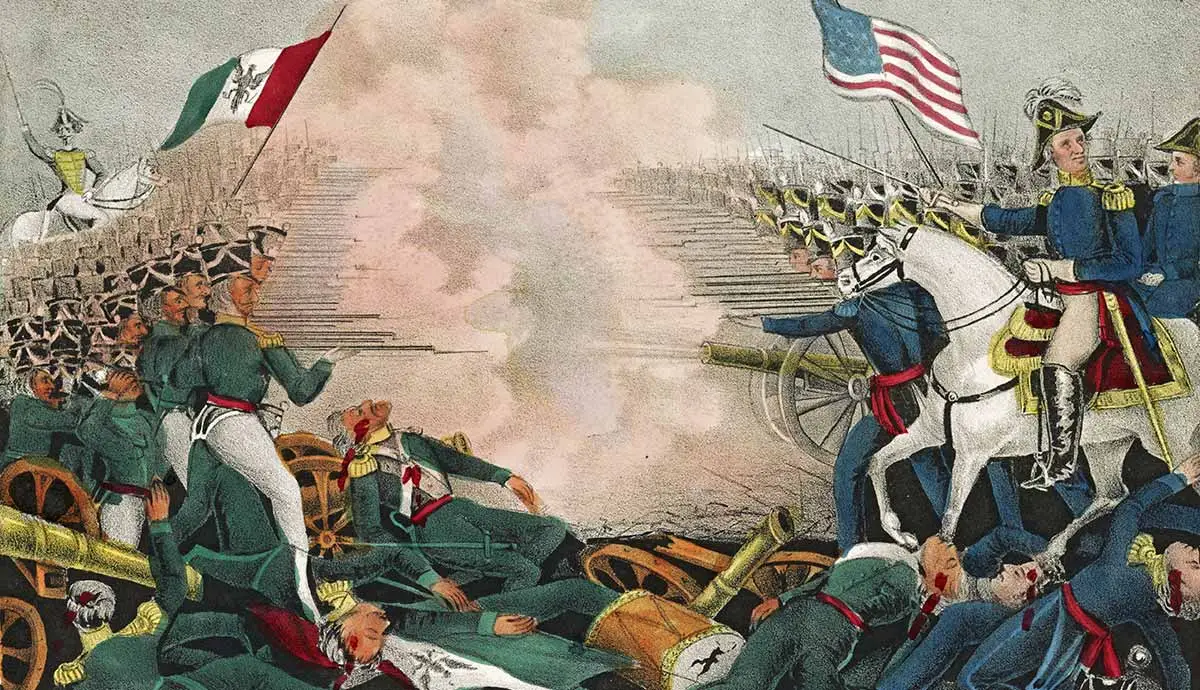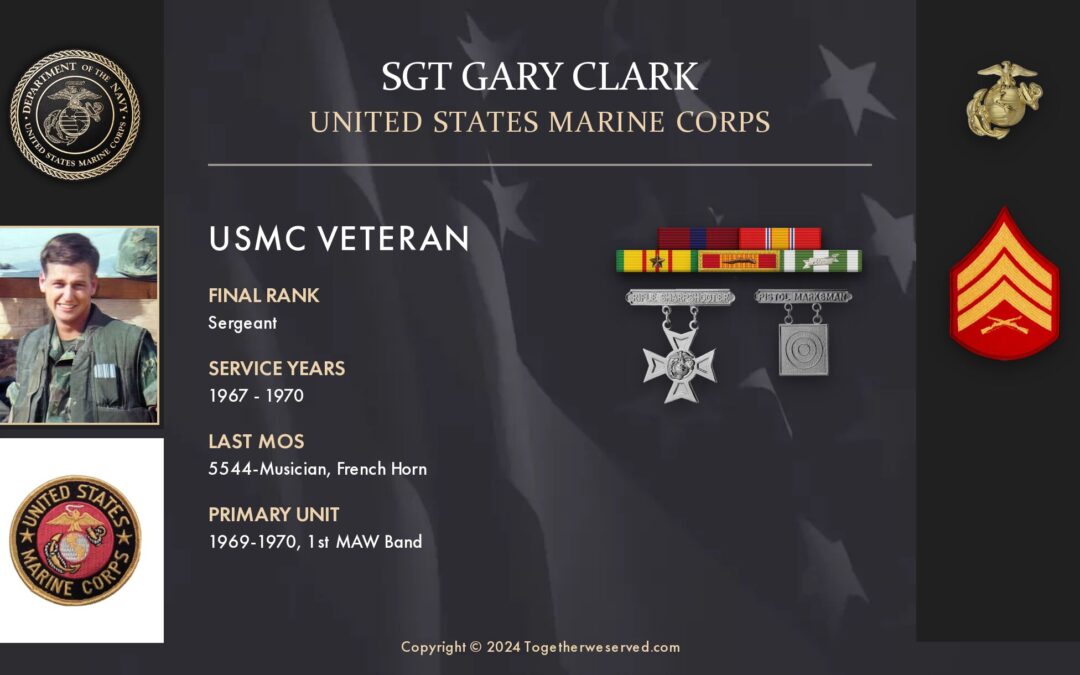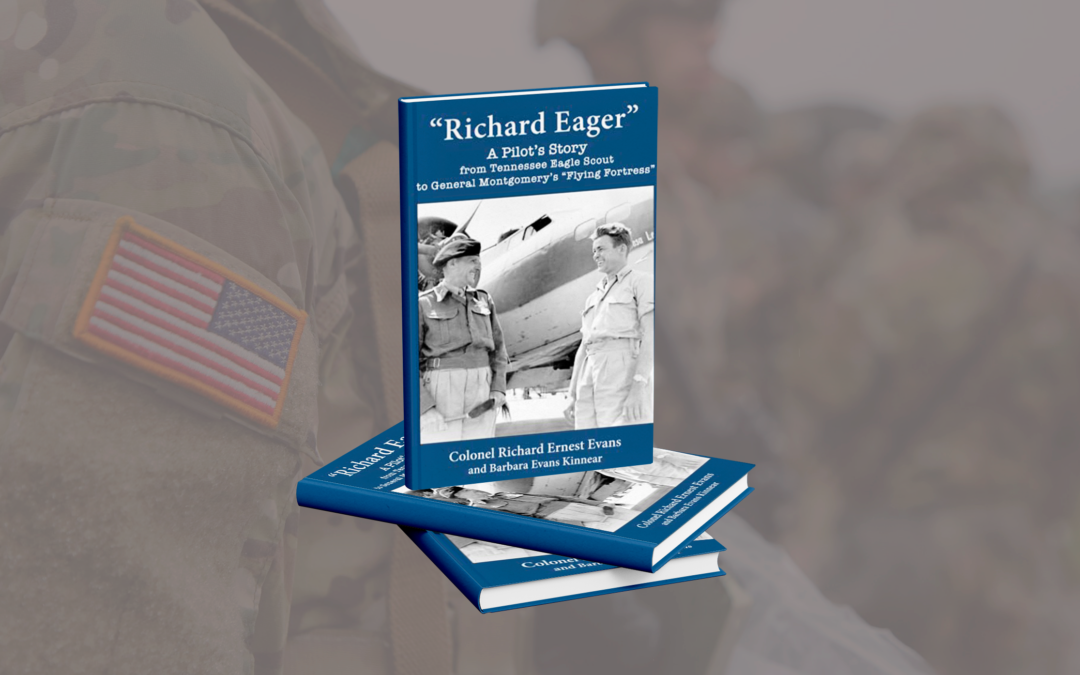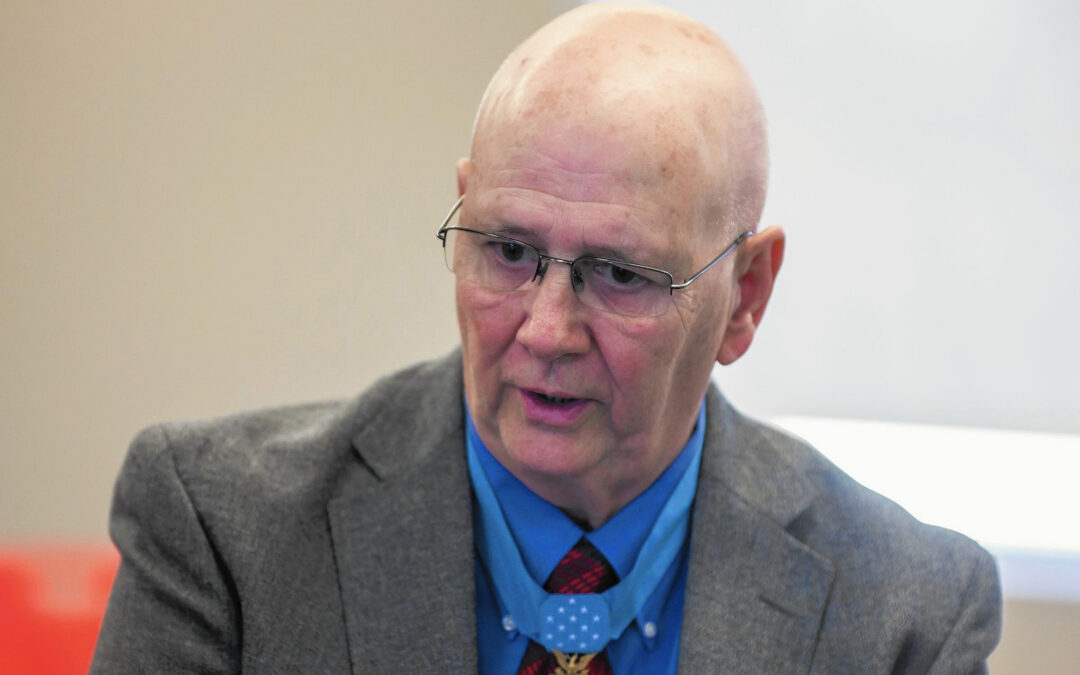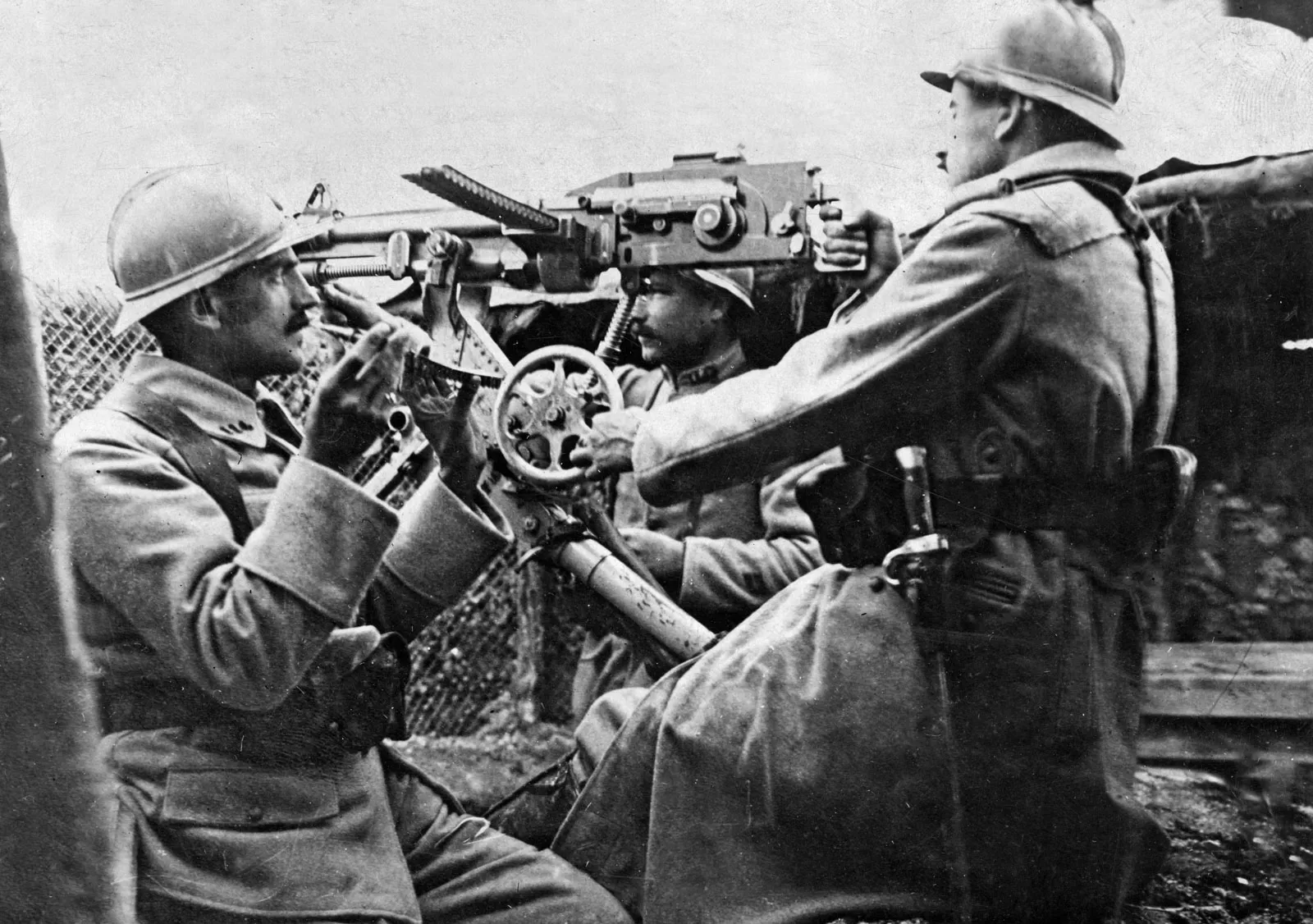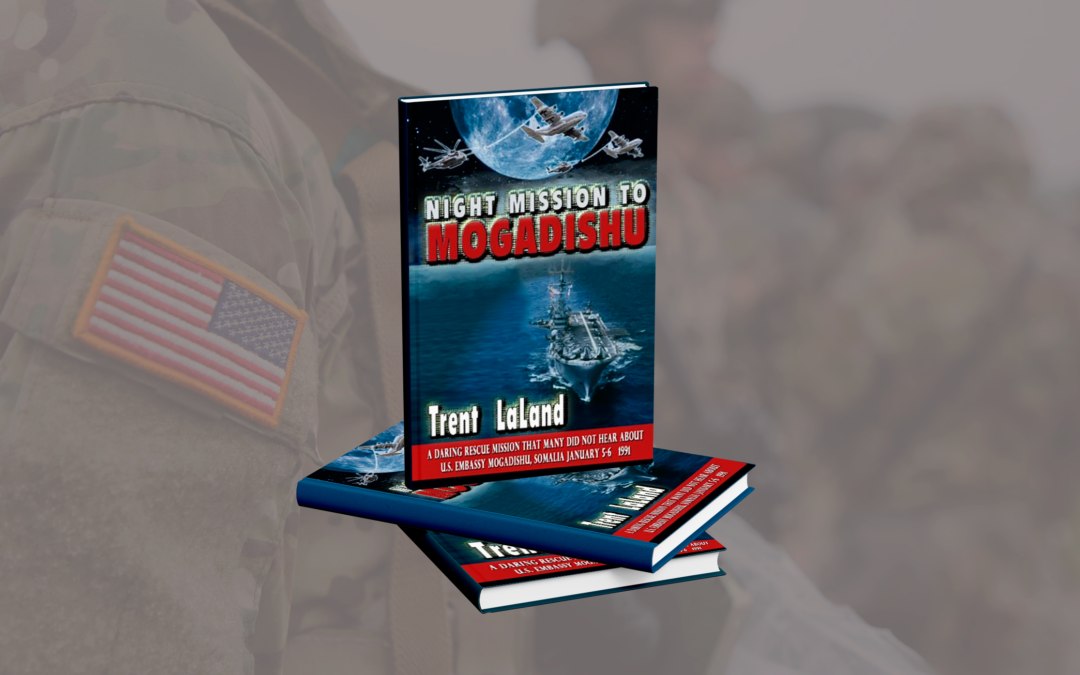Of all the medals, awards, formal presentations, and qualification badges you received, which one(s) are the most meaningful to you and why?:
Post Cuban Crisis, October 1963, I was honored as Outstanding Airman of the 818th Strategic Aerospace Division Lincoln, AFB. I had three consecutive monthly wing recognitions while serving in the 307th Bomb Wing, Medium, SAC, Armament, and Electronics Squadron. Now, from a pool of 6,000, I, amongst five others, was nominated for the Award that included two bomb wings and a missile wing. I took home the honor, partly due to my role in the critical launch of the final B-47 Bomber during the Cuban crisis.
